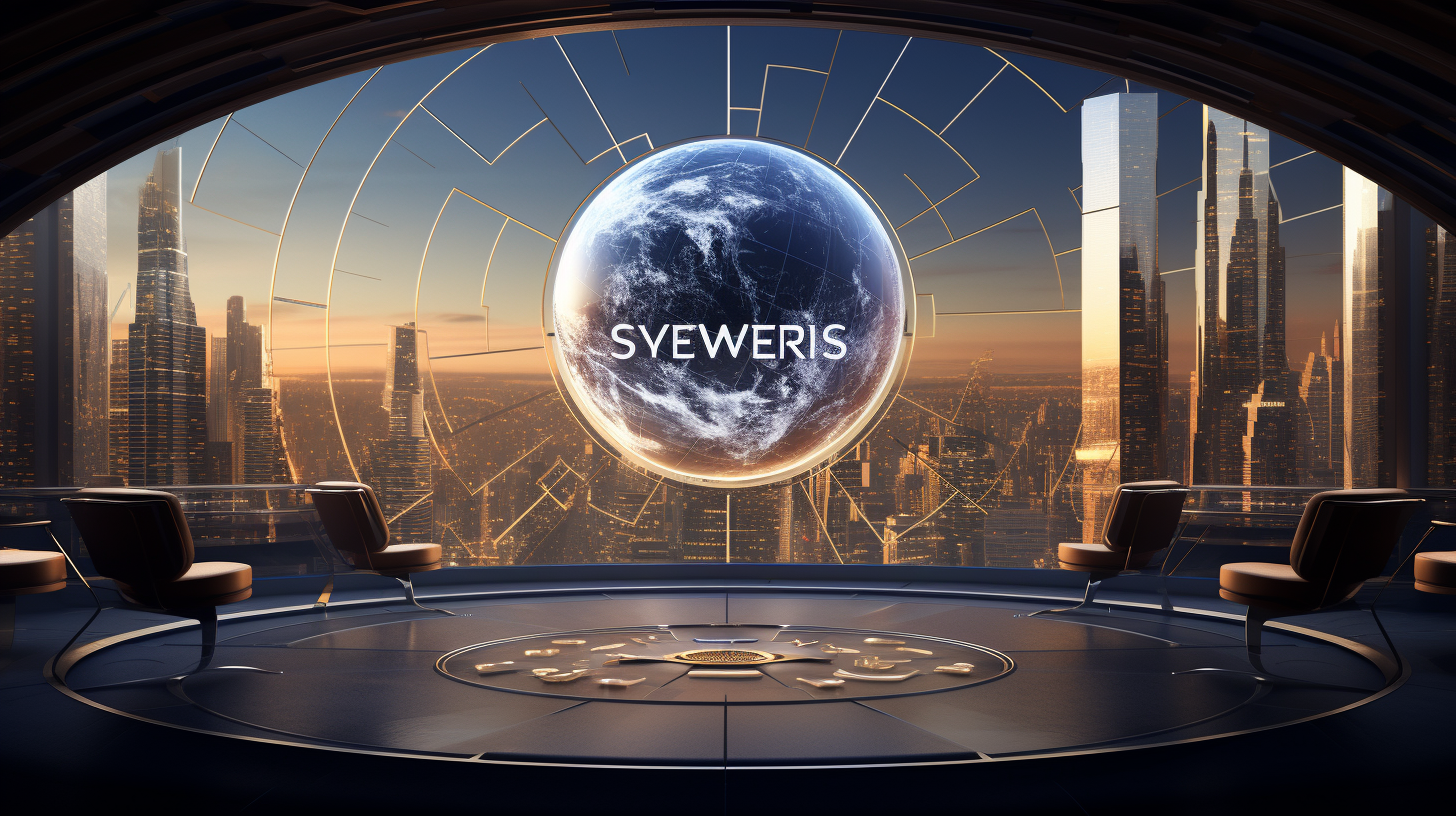The meteoric rise of the metaverse has not only changed the way we interact with digital worlds, but it has also opened up a Pandora’s box of questions around virtual asset ownership. With every swipe of crypto-transactions, aisles of digital landscapes are bought and sold, but we must ask ourselves: In the borderless realm of the metaverse, who really holds the deed to these new age digital dominions?
Defining Sovereignty in the Metaverse
Sovereignty, a term historically reserved for nation-states with clear geographical boundaries, has found a new playing field in the ethereal expanses of the metaverse. Here, the notion of territory is fluid, and ‘land’ can be created at the whim of code. But with such flexibility comes complexity. Ownership in the metaverse is governed by a lattice of smart contracts — unbreachable digital pacts that administer the rules of engagement for virtual assets.
The recent discourse around Non-Fungible Tokens (NFTs) as ‘cryptographic deeds’ throws light on the profound transformation of property rights. This disruptive model first touched down in the digital real estate market, as seen in yesterday’s deep dive into platforms like Decentraland. These NFTs delineate the parlance of virtual estate, ushering in a new era of crypto-cities and highlighting the potential for innovation in spaces such as digital malls and entertainment venues.
Claim Stakes in a Boundless World
While these developments push the envelope of modern ownership, the legal framework remains in infancy. From virtual zoning laws to digital taxes, regulatory scaffolding is yet to catch up with the rampant evolution of the metaverse. It’s a landscape where the unimaginable becomes the everyday, and 3D representations of space redefine what it means to ‘own’ something in ways that our ancestors would find bewildering.
Think about it — an entrepreneur in a crypto-fueled economy can conjure up a virtual skyscraper, establish a blockchain-based business, and cater to avatars from all over the digital globe without ever dealing with concrete or steel. The lines between possession and attribution are blurred, raising questions about who has the right to these assets when the very fabric of space can be rewritten.
Litigation in Virtuality
What happens when there’s a dispute in the metaverse? Ownership battles are likely to be fought in a marriage of traditional courts and crypto-tribunals. Legal precedents will soon be set that could shape the metaverse real estate laws for decades to come. The intrepid pioneers of this digital frontier face a treacherous path, one laden with intellectual property potholes and cyber squatting scuffles.
As we reflect on the metaverse’s burgeoning architecture, speculative bubbles foam at the mouth of investors. Yesterday’s insights into ‘The Tokenization of Everything’ signal a future where not only properties and assets but whole economies operate within the confines of the blockchain, asking us to reimagine ownership, value, and economics.
The quest for asset sovereignty in the metaverse might be the defining challenge of our age, as nations and individuals alike scramble to secure their slice of virtuality. Nations may emerge as blockchain entities, digital deeds could become as prized as physical titles once were, and crypto-kingpins may bestow lordship over vast stretches of virtual acreage.
The Plot Thickens
In an ecosystem where currencies have donned the crypto-cloak entirely, the struggle for control in the metaverse will reflect the geopolitical dynamics of our physical world. Yet, the digital terrain poses unique challenges, including the mitigation of fraud, ensuring equitable access, and balancing the aspirations of private entities against the collective good.
What’s next for sovereignty in cyberspace? Who will write the laws of this land, and how will they be enforced? We stand at the crossroads of virtual reality and societal constructs, pondering what ownership truly means when everything we touch, own, and exist within can be a string of code.
The metaverse is our generation’s uncharted territory, the virtual ‘New World’ of discovery and conquest. The drumbeats of digital revolution call us to explore, but they also implore us to ask, Who Owns the Metaverse?
